Mozambique: Police say they used 'legitimate means' to disperse protestors
At Summit, SADC has its hands full
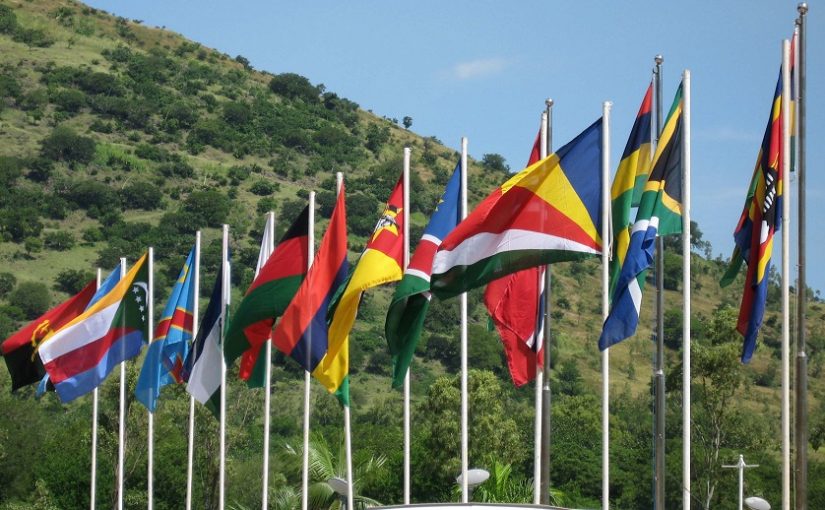
File photo: CGTN
When SADC Heads of State and Government gather in Lilongwe, Malawi next month, they will have to grapple with a range and scale of problems they have never had to contend with before.
The 41st SADC Summit is scheduled for August 18-19, at which meeting host President Lazarus Chakwera will assume the bloc’s Chairmanship from Mozambican President Felipe Nyusi. Botswana’s President Mokgweetsi Masisi will handover Chairmanship of the Organ on Politics, Defence and Security Co-operation to South African President Cyril Ramaphosa.
The Summit theme is “Bolstering Productive Capacities in the Face of COVID-19 Pandemic for Inclusive, Sustainable, Economic and Industrial Transformation”.
From the COVID-19 pandemic to rising food insecurity and political instability, the bloc has its work cut out.
In recent weeks alone, SADC has had to contend with deadly unrest in the DRC, eSwatini, Mozambique, and South Africa.
In eastern DRC, ADF militias have displaced at least 20,000 people this year and killed hundreds as peace continues to elude the vast, mineral-rich country.
ASWJ terrorists have been on a rampage in Cabo Delgado, a gas-rich province in northern Mozambique, where they have killed an estimated 3,000 civilians and forced nearly a million others to flee their homes.
SADC leaders in June 2021 approved deployment of the bloc’s Standby Force to help stablise Mozambique, and the troops started moving into the country this past week. Rwanda has also deployed a mission to assist Mozambique, while the European Union and the United States are providing technical support to the Southern African country’s security forces.
In eSwatini, the SADC Organ on Politics, Defence and Security Co-operation is seized with a mission to bring the government and its opponents to the negotiating table.
Scores of people died when anti-monarchy protestors recently took to the streets as they demanded political reforms that would usher in a democratic dispensation. The military in Africa’s last absolute monarchy was deployed to assist the police in quelling the protests.
Thousands of soldiers were also deployed to the streets of South Africa this month following the looting and pillaging that erupted after former President Jacob Zuma was arrested for contempt of court in relation to a corruption probe.
More than 300 people were killed in the orgy of violence, which President Cyril Ramaphosa characterised as a coup attempt in Africa’s second biggest economy.
On the economic front, the recent SADC Regional Performance and the Business Environment in 2020 and Medium-Term Prospects Report paints a worrying picture of debt, which it says will hit 69 percent of GDP this year.
“The increasing public debt levels will put an additional burden (on) member states’ resources as debt service costs increase. This will result in a mismatch of expenditures and revenues, which will further widen the fiscal deficit and worsen member states’ debt position. The crisis has significantly eroded the fiscal space and debt-sustainability concerns are a growing challenge for member states. The risk of defaulting to service external debt is now high.”
Some the highlights of the report are:
- The region’s economy contracted by 4.8 percent in 2020;
- Average annual inflation increased 49.6 percent in 2020 from 16.4 percent in 2019, and
- Public debt increased from 56.3 percent of GDP in 2019 to 67.1 percent in 2020.
At a meeting of ministers responsible for agriculture, food security, fisheries and aquaculture in May this year, it was noted that as many as 50 million SADC citizens could be food insecure.
By Leslie Chimbama


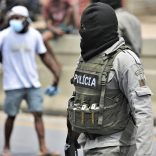

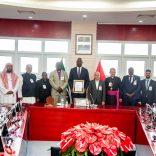
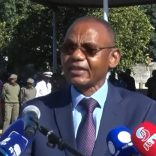
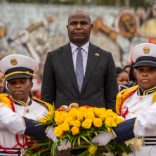
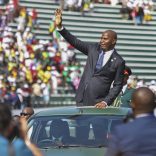





Leave a Reply
Be the First to Comment!
You must be logged in to post a comment.
You must be logged in to post a comment.